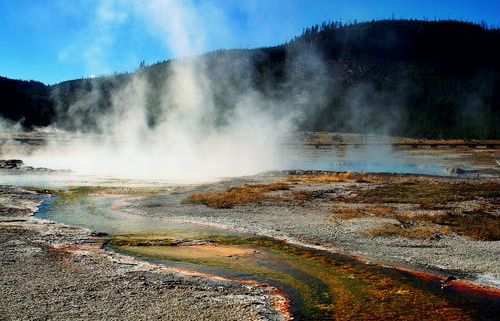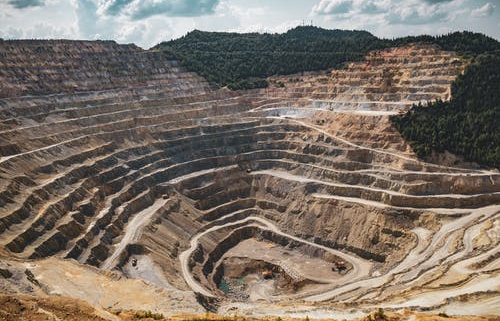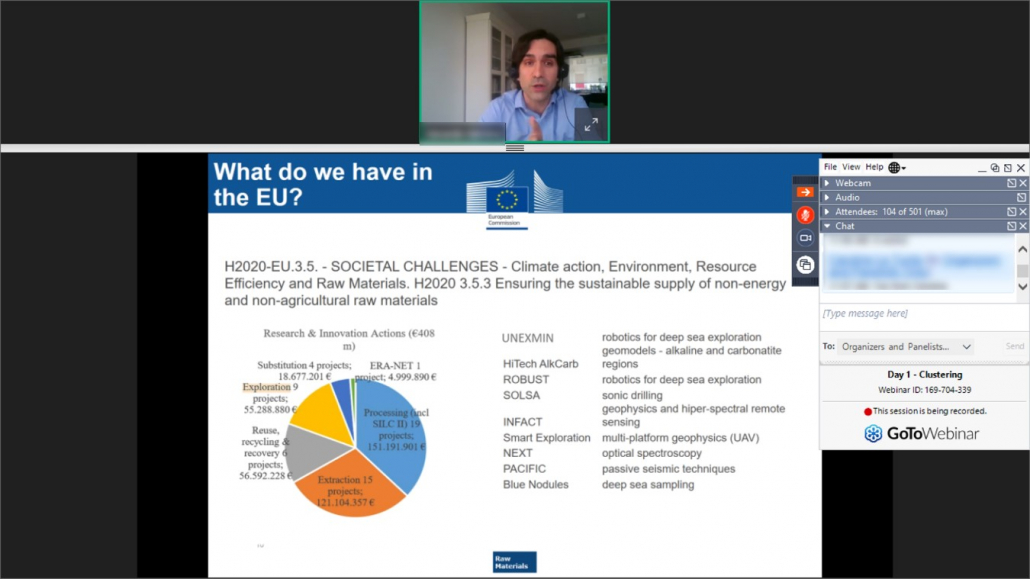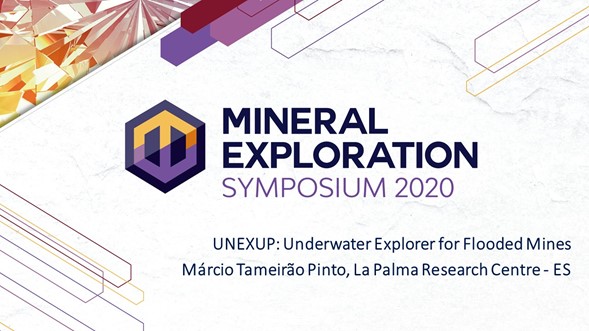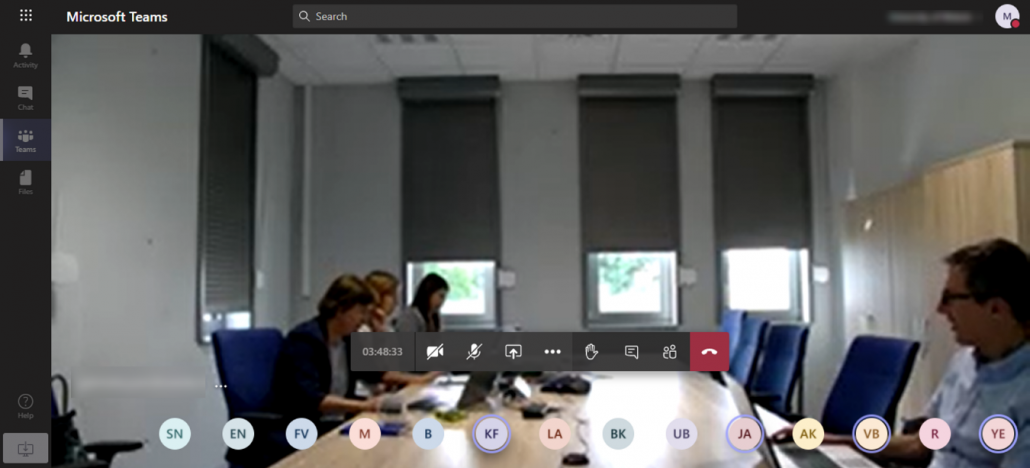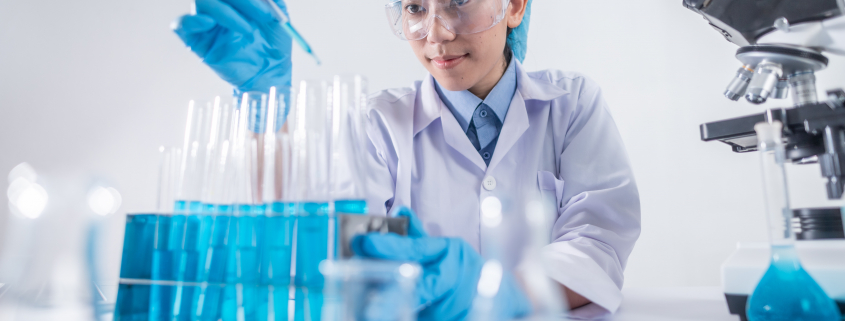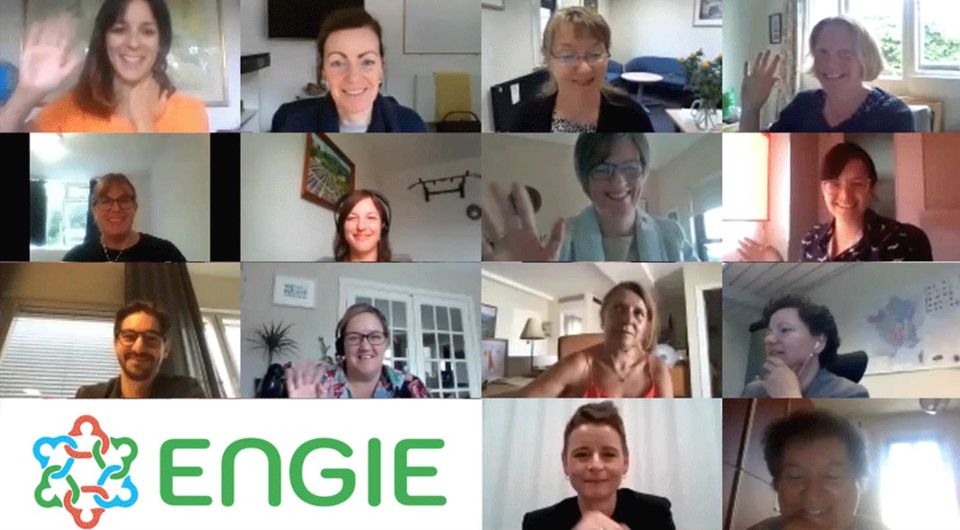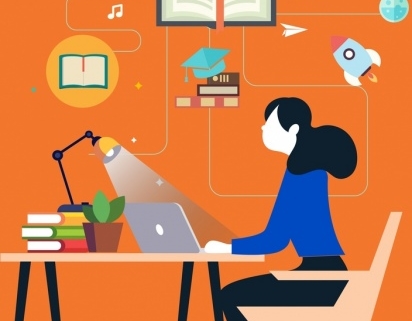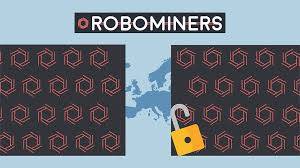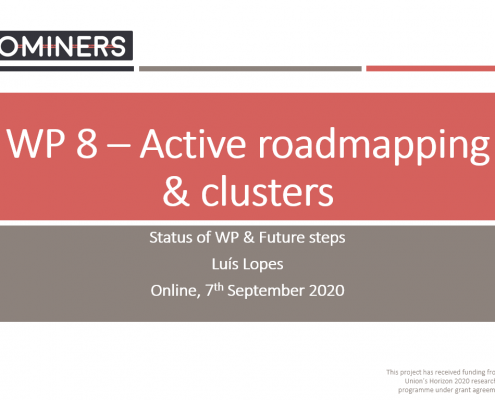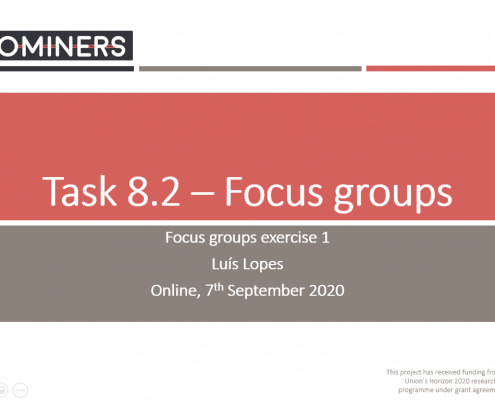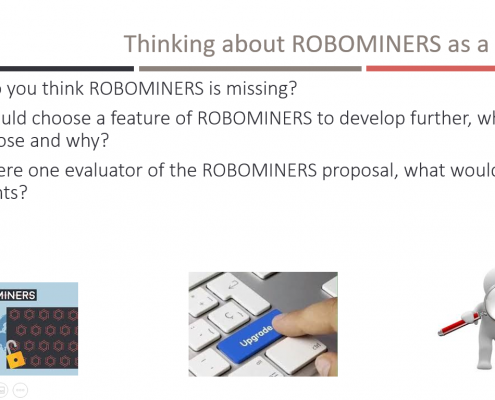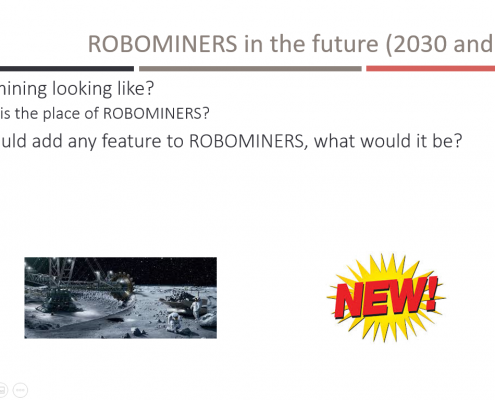CROWDTHERMAL meeting, 15-17 September, online
From the 15th to the 17th September 2020, the CROWDTHERMAL consortium held three successive meetings to prepare the start of the second year of the project. These meetings were successively a General Assembly (15th September), the Advisory Board meeting (16th September) and finally the 3rd Consortium meeting (17th September). The CROWDTHERMAL project aims to empower the European public to directly participate in the development of geothermal projects with the help of alternative financing schemes (crowdfunding) and social engagement tools.
During the General Assembly, the CROWDTHERMAL consortium discussed the progress made during the first year of the project and each partner presented the summary of the work performed in its respective tasks. In the first year of the project, La Palma Research Centre had a dual role in the project. First and foremost, it was part of the Communication and Dissemination Work Package together with the European Federation of Geologists. LPRC led the communication strategy on social media including two successful campaigns: the first showcasing the presentation video of the project on YouTube, while the second highlighted the best practises regarding alternative funding schemes for energy projects across Europe. Second, LPRC led the preparations for CROWDTHERMAL Work Package 4 “Integrated Deployment schemes“ starting November 2020. This Work Package aims at creating a social-media powered platform that will support the deployment of integrated development schemes for geothermal energy utilising alternative finance and community engagement tools. With regards to this Work Package, LPRC started the work on the CROWDTHERMAL sustainability plans that are aimed to facilitate the efficient market uptake of results and the sustainability of the project after the EC-funded period.
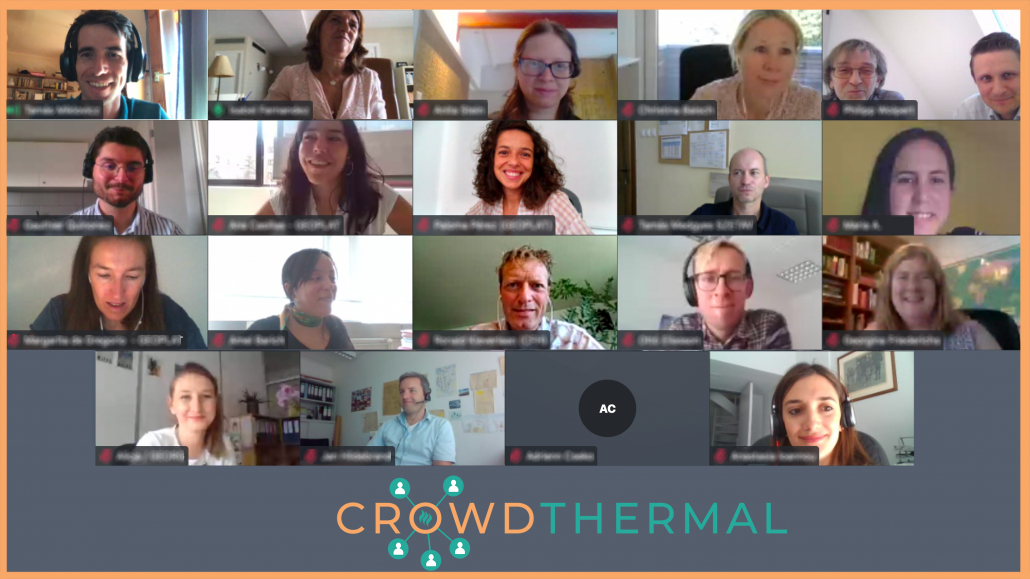
For the Advisory Board meeting, a group of experts discussed the findings and issues encountered around the project. The main topic of discussion was centred around the social acceptance of geothermal energy. Based on empirical data provided by the project on geothermal energy around Europe (WP 1, Addressing the bottlenecks of public engagement for community-based geothermal development) and regarding the place of participative finance to geothermal projects (WP 2, Community-based geothermal energy financing principles and WP3, Auxiliary and alternative pathways to risk mitigation), it became apparent that CROWDTHERMAL has indeed the unique opportunity to raise awareness about the potential of geothermal energy for climate change mitigation and to enhance citizen empowerment in energy at the same time. To that end, the project will focus more on educating the public on the advantages of geothermal energy and on the opportunity given to any investor by diverse participative financing schemes.
During the 3rd Consortium meeting, all the partners deliberated on the upcoming actions to be taken in the second year of the project. For this year, LPRC will continue to lead dissemination on social media and increase the volume of campaigns and will also lead the development of the project deployment schemes. The aim is to connect the new approaches brought forward by CROWDTHERMAL with conventional financing, public engagement and risk mitigation schemes and launch a new European mobilisation campaign with the help of social media as well as with the help of targeted conferences, workshops and by mobilising EFG Third Parties and the Altfinator Network (CFH).
Learn more about CROWDTHERMAL on the project´s website (https://www.crowdthermalproject.eu/) and follow the project´s daily activities on social media (Facebook, Twitter, LinkedIn and Instagram) @CROWDTHERMAL_EU.

